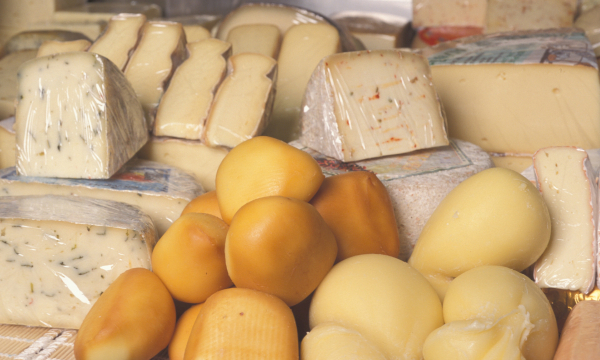Project aim:
Organising short food supply chains in a context of a seafront and high seasonal tourist numbers: we had taken the measure of the stakes during a first project with CARA in Royan in 2017/2018. At the time, several objectives were identified to promote short food supply chains. In particular, we designed an action plan to structure the supply chains and satisfy demand with a strategic axis entitled "Encourage the creation of logistics partnerships between local players".
For the period 2018-2020, we conducted a study in the continuity of the previous one in order to find operational solutions to optimise logistics flows and thus facilitate the matching of supply and demand for local products in the territory.
Activities of ECOZEPT:
We carried out an assessment of logistics flows, current and potential partnerships and the needs of producers and suppliers, and then conducted a feasibility study for the logistics scenario selected (business plan, organisational, legal and financial model). We laid all the foundations for the deployment of a shared logistics solution between producers based on a territorial consultation.
Client:
Communauté d'Agglomération Loire Atlantique (CARA)


 0more
0more



 0view all
0view all 